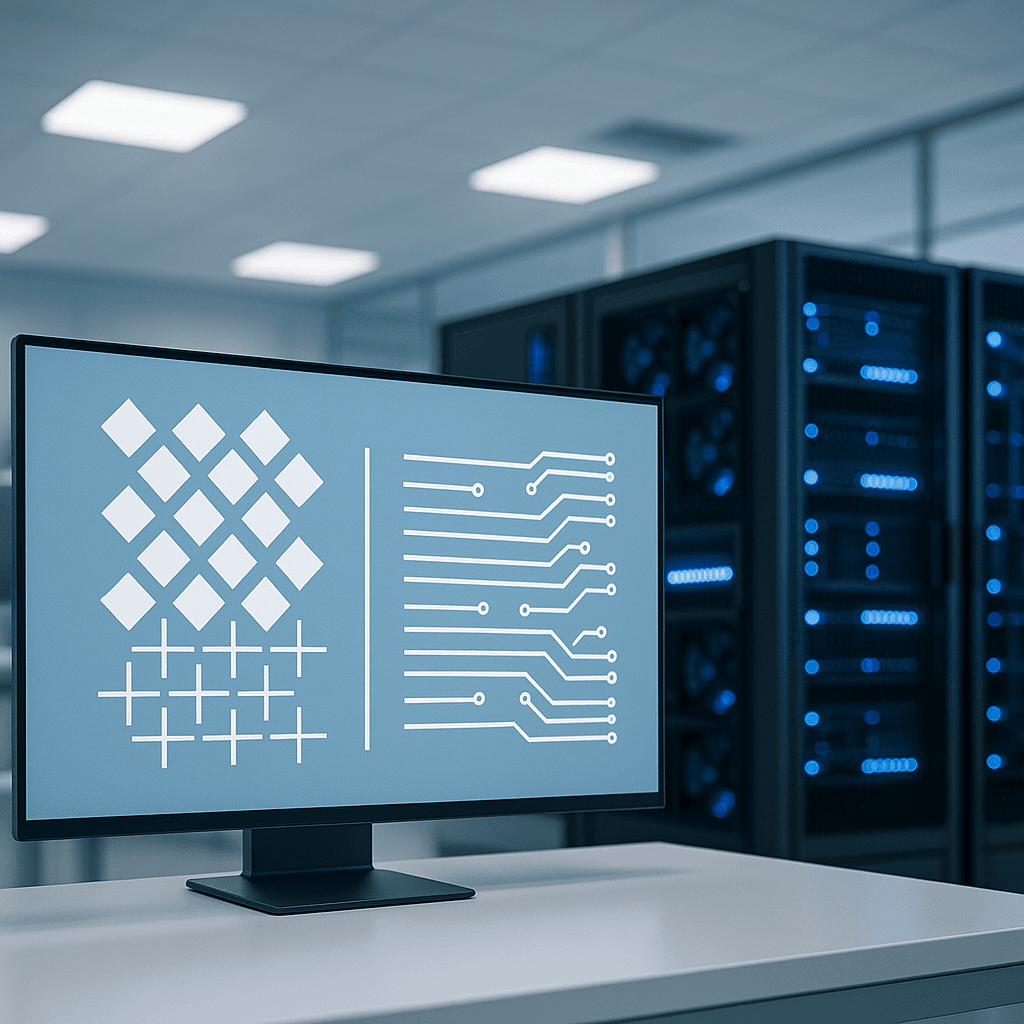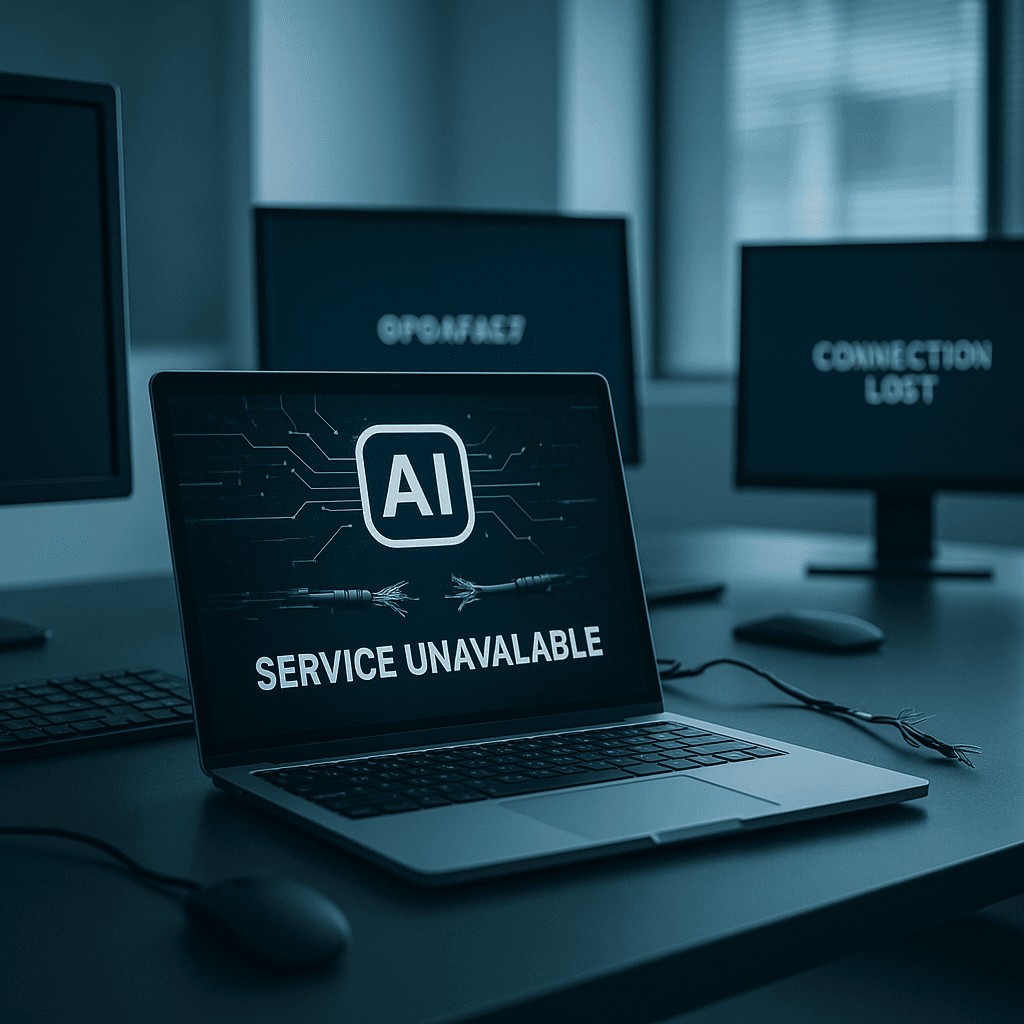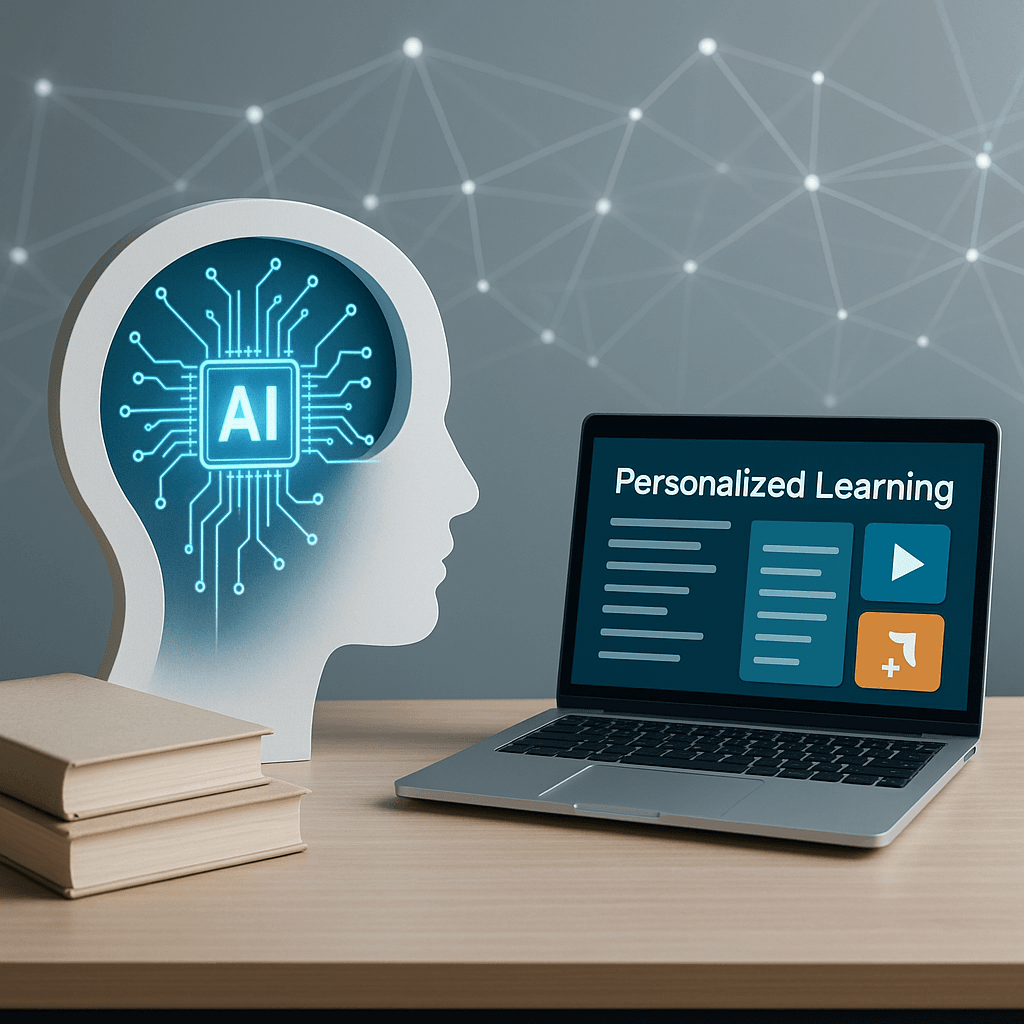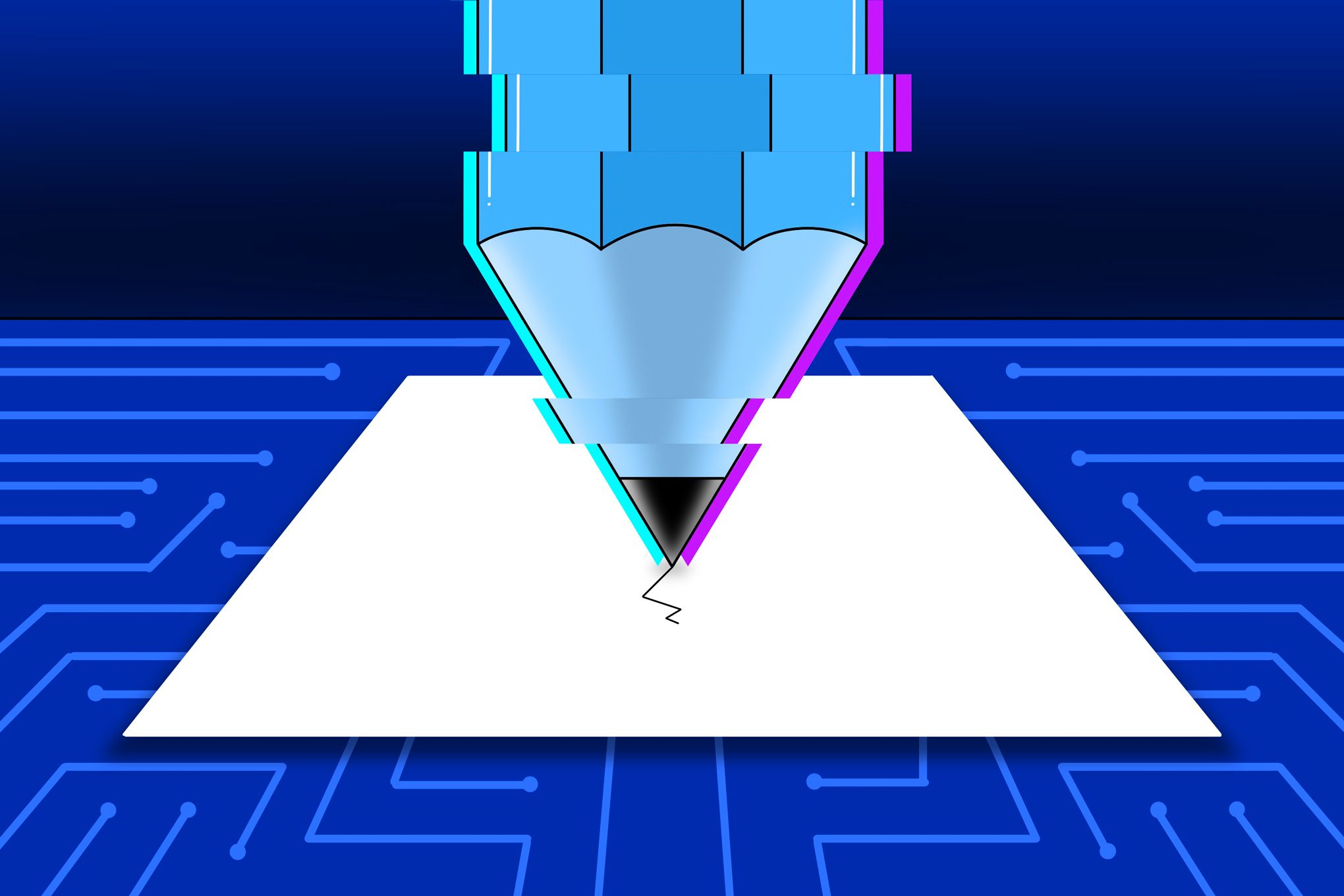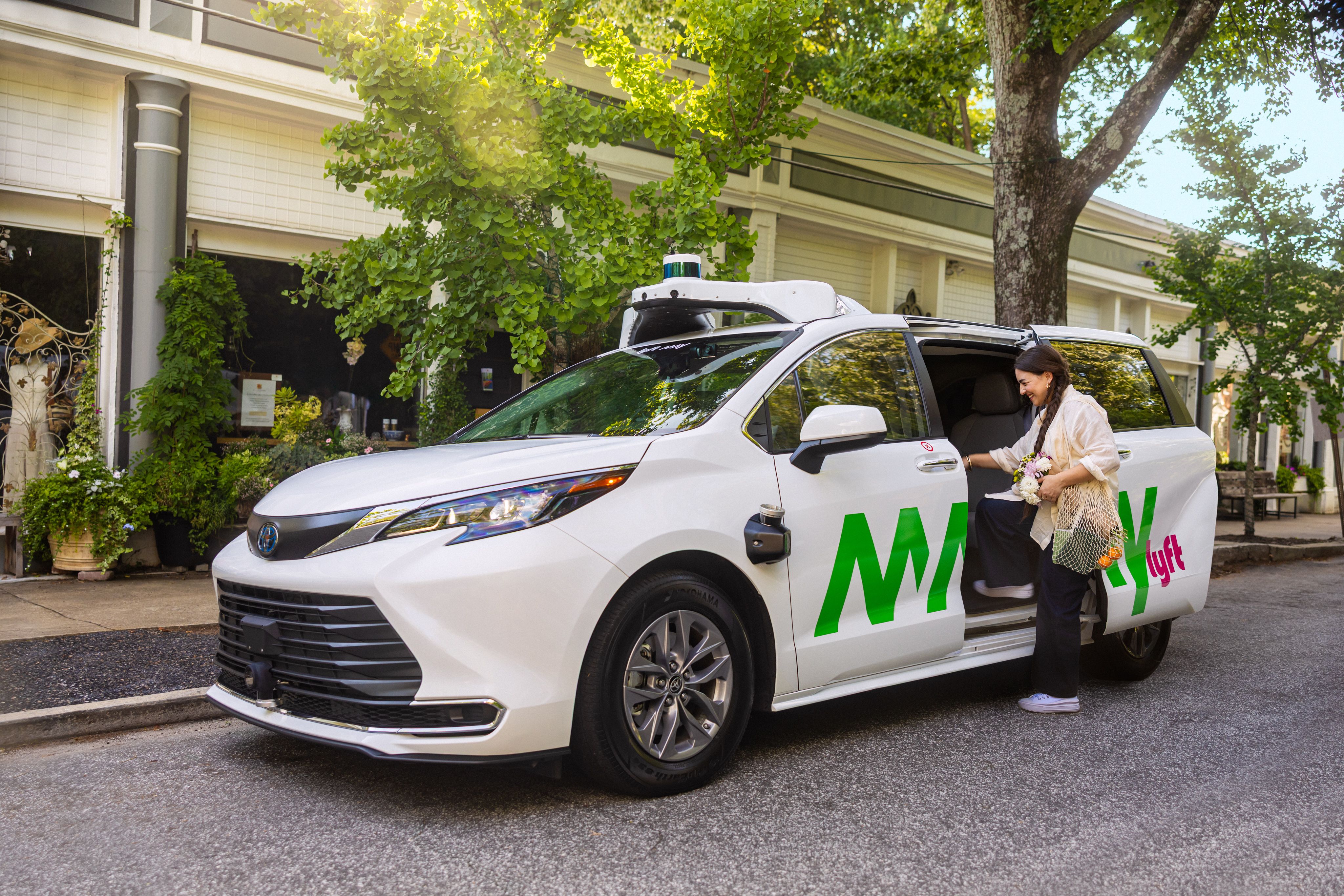Mira Murati's secretive Thinking Machines Lab just broke its silence with a bombshell research revelation. The $12 billion AI startup claims it's solving one of the industry's most vexing problems - the randomness that makes AI models give different answers to identical questions. This isn't just academic tinkering; it's potentially game-changing tech that could revolutionize enterprise AI reliability.
The AI world has been buzzing about what Mira Murati was building since she left her role as OpenAI's chief technology officer. Today, her Thinking Machines Lab finally gave us a peek behind the curtain, and it's not what most people expected.
Instead of announcing another chatbot or image generator, the startup tackled something far more fundamental - the inherent randomness that plagues every AI model on the market. Ask ChatGPT the same question twice, and you'll get different answers. The industry has accepted this as an unavoidable quirk of neural networks, but Murati's team thinks they can fix it.
The breakthrough comes from researcher Horace He, who published Thinking Machines Lab's first blog post Wednesday titled "Defeating Nondeterminism in LLM Inference." He argues that the randomness isn't actually built into the AI models themselves - it's coming from how Nvidia's GPU kernels handle the computational heavy lifting during inference.
"The root cause of AI models' randomness is the way GPU kernels are stitched together in inference processing," He explains in the post. By controlling this orchestration layer more precisely, the team believes they can make AI responses completely reproducible.
This isn't just about getting consistent answers to trivia questions. Enterprise customers have been struggling with AI reliability issues that make deployment risky. Financial institutions need predictable outputs for regulatory compliance. Healthcare applications require consistent reasoning. Scientific research demands reproducible results.
The implications go deeper than enterprise reliability though. He notes that fixing model consistency could dramatically improve reinforcement learning training - the process of teaching AI systems through rewards and corrections. "If the answers are all slightly different, then the data gets a bit noisy," he writes. More consistent responses could make the entire training process "smoother."
That's particularly relevant given that it plans to use reinforcement learning to customize AI models for specific business needs, according to . The startup raised an eye-popping earlier this year at a $12 billion valuation.
